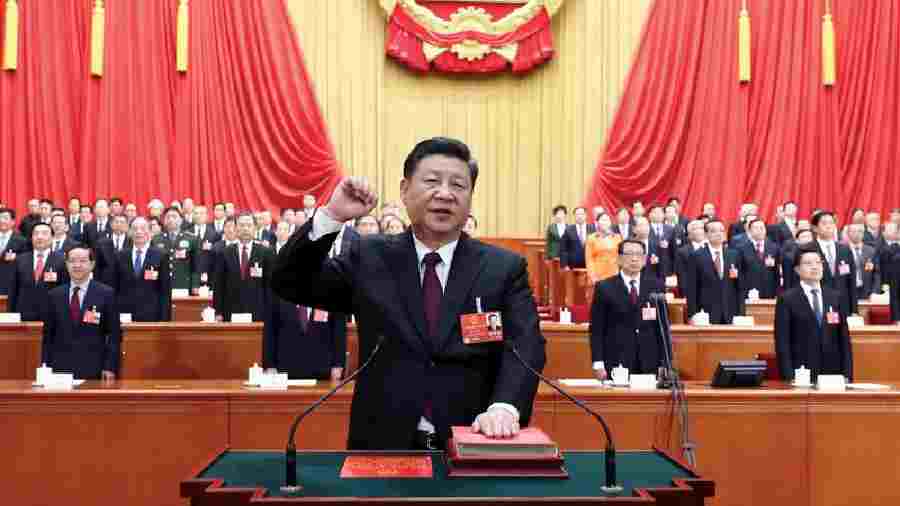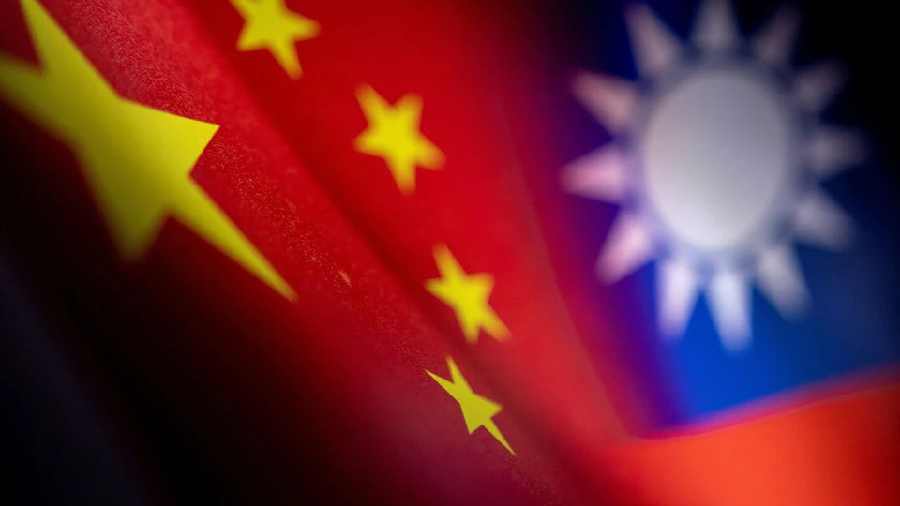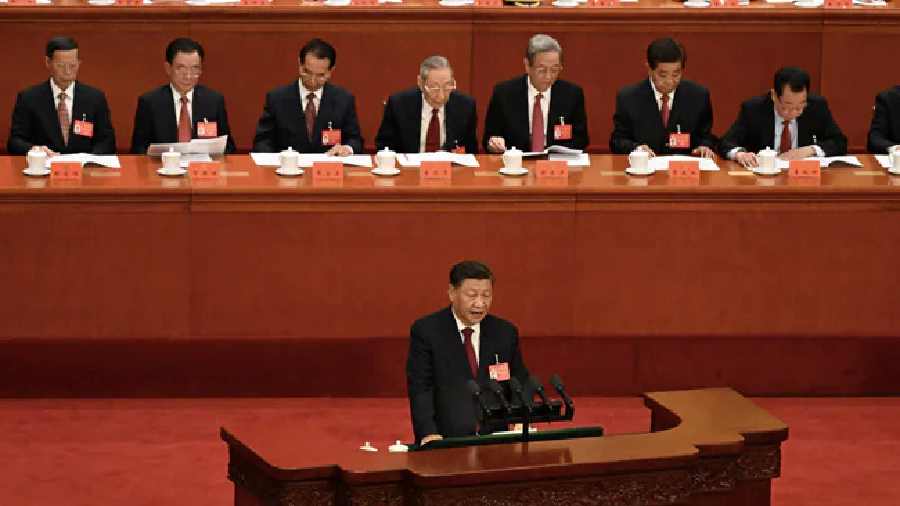China opposes all forms of unilateralism and the formation of blocs and exclusive groups targeted against particular nations, President Xi Jinping said in a report submitted to the ruling Communist Party Congress here on Sunday, indicating Beijing's firm opposition to groupings like the Quad.
The 20th National Congress of the Communist Party of China (CPC) began its weeklong meeting here on Sunday. Chinese President Xi, who is also the General Secretary of the party, submitted a work report to the CPC Congress, held once in every five years.
China is firm in safeguarding the international system with the United Nations at its core, the international order underpinned by international law, and the basic norms governing international relations based on the purposes and principles of the UN Charter, the state-run Xinhua news agency quoted Xi as saying.
China has been opposing the formation of the Quad alliance comprising the US, India, Australia and Japan, besides the AUKUS -- an alliance of Australia, the UK and the US, saying these groups are aimed at containing Beijing's rise.
The Quad advocates the need to ensure a free, open and thriving Indo-Pacific in the backdrop of China's rising military manoeuvring in the region. The US had said the AUKUS would act as a "lot of deterrence" to China's aggression in the Pacific region.
China claims nearly all of the disputed South China Sea, though Taiwan, the Philippines, Brunei, Malaysia and Vietnam all claim parts of it. Beijing has built artificial islands and military installations in the South China Sea. China also has maritime territorial disputes with Japan in the East China Sea.
Speaking at the opening session of the CPC Congress, which is widely expected to endorse an unprecedented third term for him, Xi said China stands firmly against all forms of hegemonism and power politics, the Cold War mentality, interference in other countries internal affairs, and double standards.
"China will never seek hegemony or engage in expansionism," he said at the CPC Congress.
"China adheres to the five principles of peaceful coexistence in pursuing friendship and cooperation with other countries. It is committed to promoting a new type of international relations, deepening and expanding global partnerships based on equality, openness, and cooperation, and broadening the convergence of interests with other countries," Xi said.
"China is committed to its fundamental national policy of opening to the outside world and pursues a mutually beneficial strategy of opening up. It strives to create new opportunities for the world with its own development and to contribute its share to building an open global economy that delivers greater benefits to all peoples," he said.
"China adheres to the right course of economic globalisation. It is committed to working with other countries to foster an international environment conducive to development and create new drivers for global growth," Xi said.
"China plays an active part in the reform and development of the global governance system. China upholds true multilateralism, promotes greater democracy in international relations, and works to make global governance fairer and more equitable," he said.
Stressing that human society faces unprecedented challenges, Xi called upon all countries to hold humanity's shared values of peace, development, fairness, justice, democracy, and freedom, and promote mutual understanding and forge closer bonds with other peoples.
"Let us all join forces to meet all types of global challenges," the president said.
"The Chinese people are ready to work hand-in-hand with people across the world to create an even brighter future for humanity," he said.
PTI












